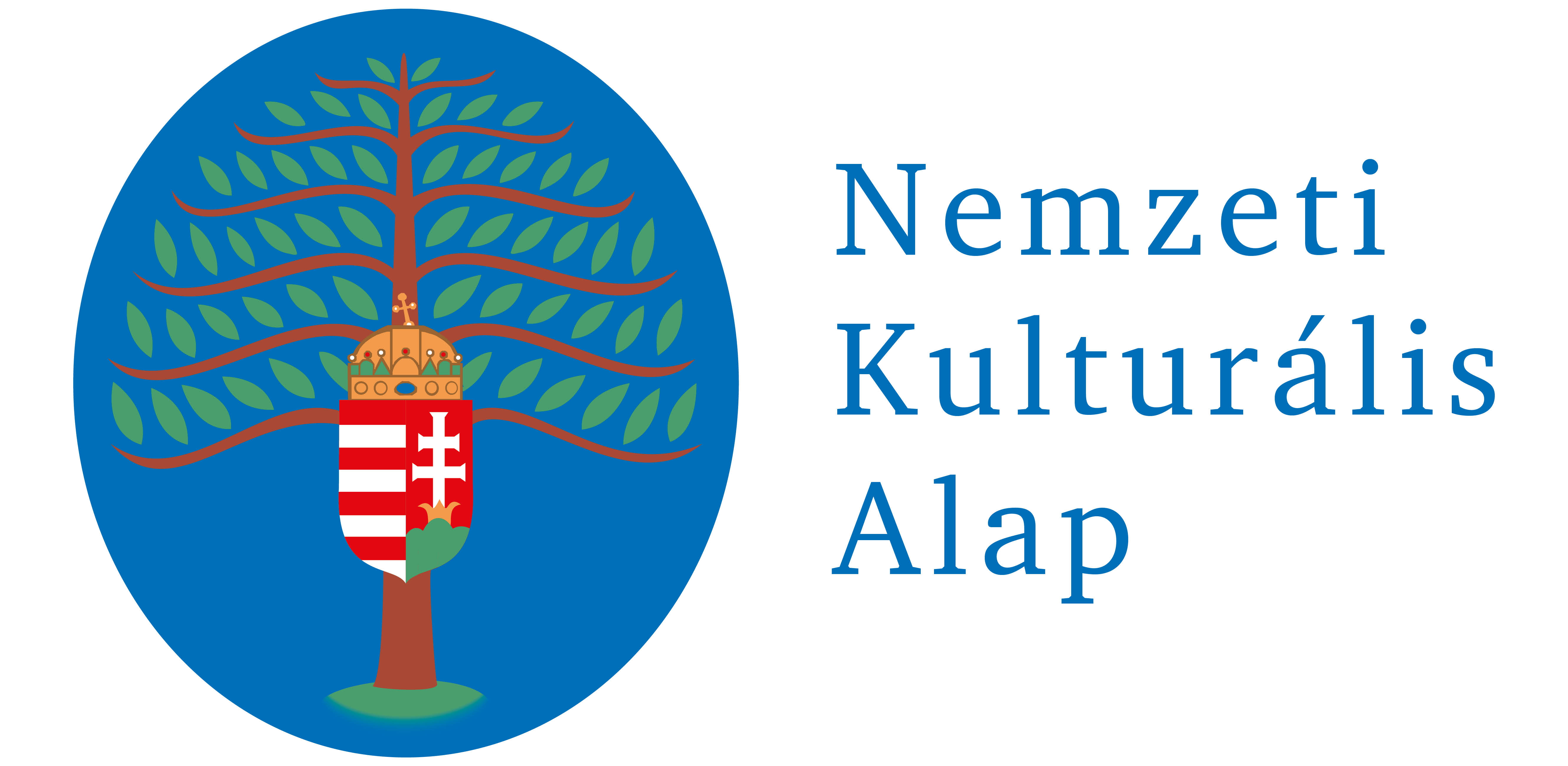Naptár
2024. április 15–19.
2024. április 20.
Eötvös József Kárpát-medencei középiskolai szónokverseny
2024. április 24. – május 3.
Tovább...
1. 2016.
Abstracts in English
Studies
Gyarmathy, Dorottya – Auszmann, Anita – Neuberger, Tilda:
Temporal characteristics of spontaneous speech in the first language and a foreign language
When learning a foreign language, speakers face various challenges and they need to make conscious efforts to learn the articulation of the speech sounds, the necessary vocabulary, and the grammatical rules and structures of the given language. Temporal structuring of spontaneous speech happens mainly automatically and it is strongly affected by the language competence of the speaker of the given language. The present research has investigated the spontaneous Hungarian and English speech of participants whose first language is Hungarian and who speak English at an elementary, intermediate or advanced level. The temporal conditions of speech, pausing strategies, the forming of speech segments, and the speech tempo have been analysed. According to the hypothesis, the higher the knowledge of English, the better the English as a foreign language utterance follows the accent and speed of the first language English speaker. The results of the research are of high importance both for language learning and language teaching.
Nánási-Molnár, Anita
Choosing language in pre-school education in Transcarpathia
The aim of the investigation in Transcarpathia was to draw attention to pre-school education, studied less from a linguistic perspective, and thus to the importance of first-language education on the central scene of the education system. The results presented in this study are from 2012–2015. 330 parents participated in the research whose children were attending the kindergarten during the period of the investigation and were preparing for school from autumn of the year of the investigation. Results of the investigation show that the parents’ mother tongue and their language of instruction at the primary school influences the selection of the language of the pre-school education. Another aspect is always the current political situation in Ukraine. However, it is important to emphasize that families where both parents used to learn in Hungarian at the primary school select an institution with Hungarian language instruction in a higher proportion (88%) than families where both parents have Hungarian as their mother tongue (75.5%).
Workshop
Varga, Noémi
Text comprehension on the mathematics classes
Although it might be surprising to link mathematics to text comprehension, the aim of this study is to show that these two areas are not as far from each other as it seems at first sight. They are strongly interconnected in situations at school such as when solving a word problem on the mathematics class. The investigation conducted among high school students aims to find out to what extent the chance to solve word problems in mathematics classes is influenced by the text comprehension competence of students and whether the performance in mathematics improves by developing text comprehension. Another aim of the study is to draw teachers’ attention to the blurring boundaries between subjects and to the importance of cooperation between teachers of different subjects. Finally, it also aims to provide teaching resources for the development of text comprehension in mathematics classes.
Major, Éva – Szabó, Éva – Antalné Szabó, Ágnes
Mentoring competencies and lesson analysis
This study discusses the observation of the mentoring competencies of teachers who will support the teaching practice of teacher trainees as mentors. It is a big challenge for teacher training experts to prepare and organize the one-year long teaching practice in the so called ‘integrated’ system of teacher training. As part of the preparation, these experts visit and analyse the lessons of the teachers mentoring the students’ practice, and they also assign the teachers with the new tasks. The first part of the study provides an overview of the elementary and special mentoring competencies required to become a mentor. The latter is dealt with in detail, distinguishing between the competencies of a beginner and an experienced mentor. The second part of the study summarizes the main principles of mentoring and classroom observation and it introduces a script recommended to mentors where class visits are organized. It describes in detail the possible steps of discussions before the lesson, for the classroom observation itself, and for post lesson discussions. This study aims to provide help not only for the analysis of the mentors’ lessons, but also for class visits of teachers’ working groups at school.














